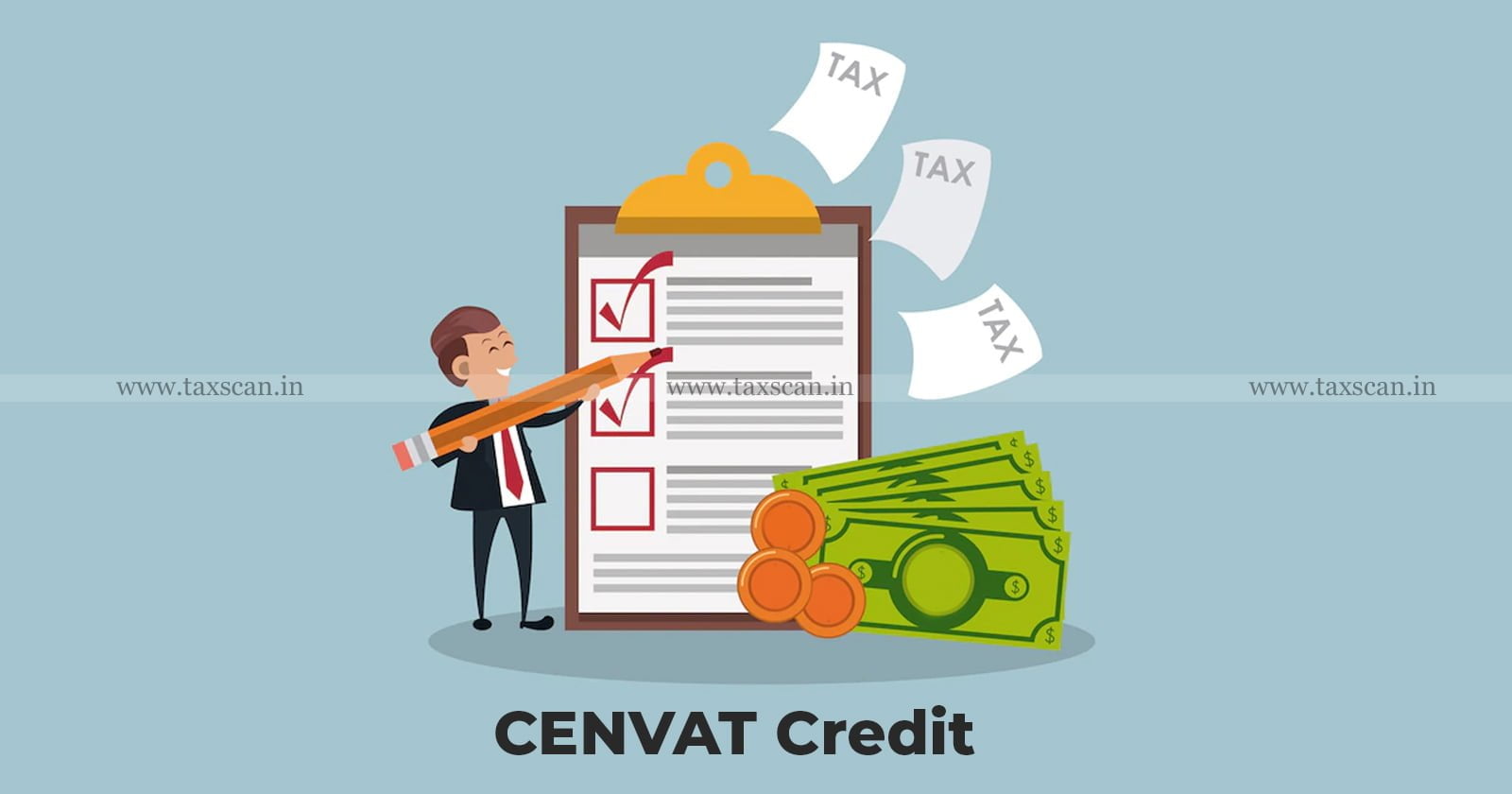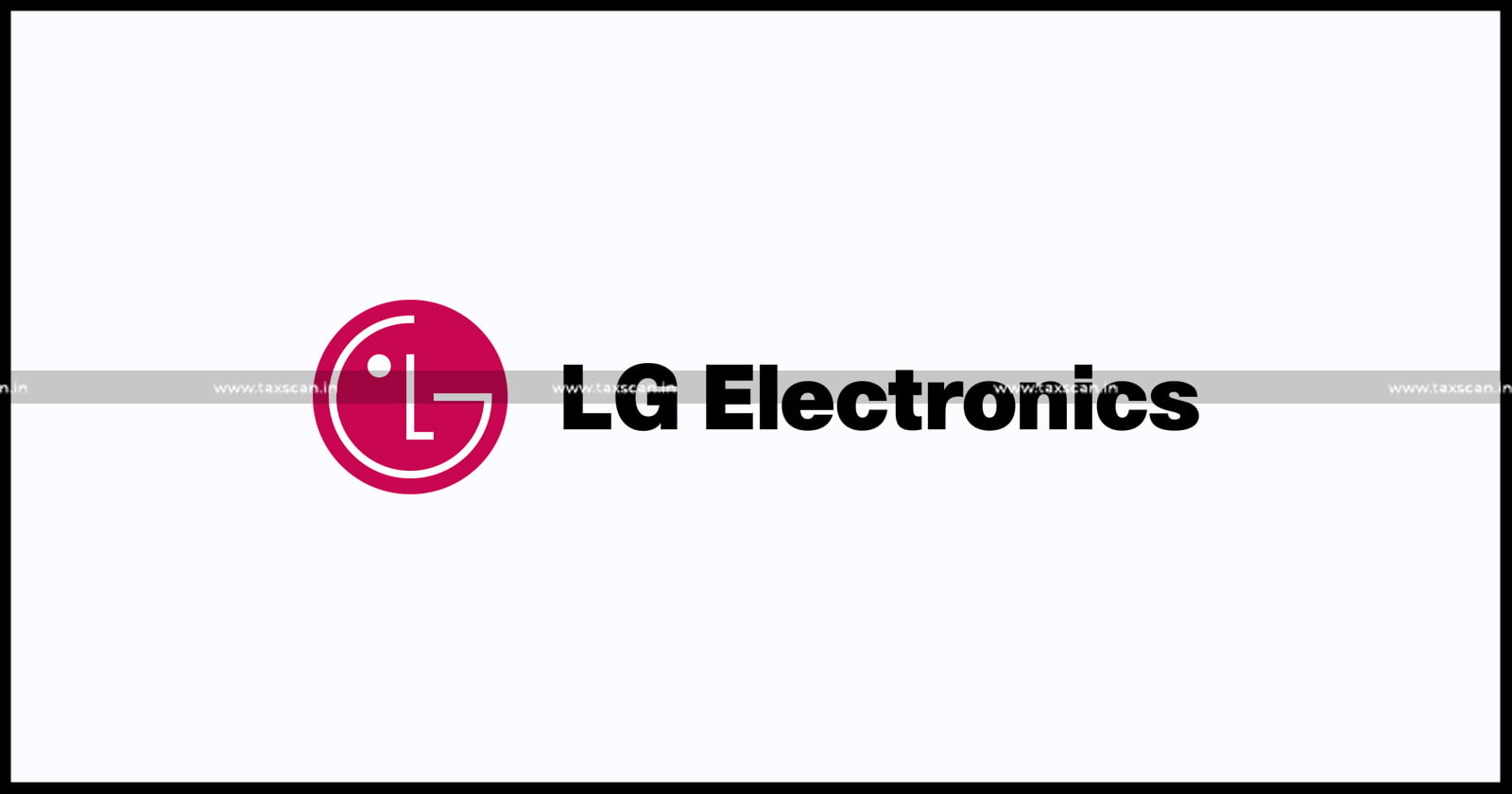Value of Clearances of Proprietorship and Pvt. Ltd. Firm cannot Be Clubbed for SSI Exemption: CESTAT [Read Order]
CESTAT rules that clearances by a proprietorship and a private limited company cannot be clubbed for denying SSI exemption without proof of financial interdependence.
![Value of Clearances of Proprietorship and Pvt. Ltd. Firm cannot Be Clubbed for SSI Exemption: CESTAT [Read Order] Value of Clearances of Proprietorship and Pvt. Ltd. Firm cannot Be Clubbed for SSI Exemption: CESTAT [Read Order]](https://images.taxscan.in/h-upload/2025/07/28/2070044-ssi-exemption-taxscan.webp)
The Kolkata Bench of the Customs, Excise, and Service Tax Appellate Tribunal (CESTAT) ruled that the value of clearances made by a proprietorship firm and a private limited company cannot be clubbed to deny Small Scale Industry (SSI) exemption under Notification No. 8/2003-CE.
Mica Mold, the appellant, is a proprietorship firm engaged in manufacturing electrical components for use in railway equipment. The firm claimed SSI exemption for the relevant financial years. The Revenue alleged that Mica Mold and Mica Mold Pvt. Ltd., a separate private limited company, were essentially the same business entity operating under different legal forms to avoid excise duty.
Know Practical Aspects of Tax Planning, Click Here
Based on this, the department issued show cause notices demanding duty of over Rs. 2 crore, citing wrongful SSI benefit and clandestine clearances. The adjudicating authority upheld the demand, imposed penalties, and confiscated seized cash.
 Also Read:CENVAT Credit on Technical Know-How Services Not Eligible for Trading Use: CESTAT on LG Electronics Case [Read Order]
Also Read:CENVAT Credit on Technical Know-How Services Not Eligible for Trading Use: CESTAT on LG Electronics Case [Read Order]
On appeal, the appellant’s counsel argued that the two entities were legally and operationally independent. They explained that Mica Mold was a sole proprietorship of Arun Agarwal, while Mica Mold Pvt. Ltd. was a company with its own directors, workforce, factory premises, electricity connections, bank accounts, and tax registrations.
The counsel stressed that there was no financial flowback or common funding, and both entities had separate vendor codes with Indian Railways.
Want a deeper insight into the Income Tax Bill, 2025? Click here
The revenue counsel argued that the proprietorship and private limited firm were controlled by family members and shared office premises, indicating that one was merely a front to split production and wrongfully claim SSI exemption. The counsel argued that the close relationship and administrative overlap justified treating them as one unit.
 Also Read:Setback to LG Electronics: CESTAT rules CENVAT Credit on Brand Shop Management Services Not Admissible as Advertising Services [Read Order]
Also Read:Setback to LG Electronics: CESTAT rules CENVAT Credit on Brand Shop Management Services Not Admissible as Advertising Services [Read Order]
The two-member bench comprising Ashok Jindal (Judicial Member) and K. Anpazhakan (Technical Member) observed that common family ownership or shared premises was not sufficient to establish financial interdependence or mutuality of interest.
The tribunal stated that in the absence of direct evidence showing centralized control or financial flow between the two entities, clubbing was not legally justified.
The tribunal explained that SSI exemption must be tested based on actual control, ownership, and financial links, not mere assumptions based on common family management. The demand based on clubbing of clearances was set aside. The tribunal also quashed the related penalties and confiscation orders. The appeal was allowed.
Support our journalism by subscribing to Taxscanpremium. Follow us on Telegram for quick updates


